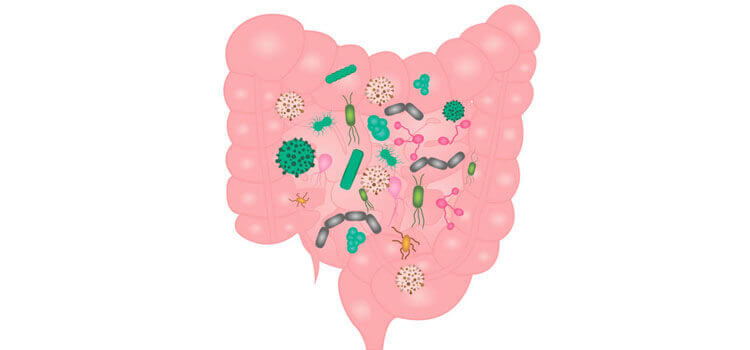
Small Bowel Bacterial Overgrowth
Small bowel bacterial growth or Small intestinal bacertial growth is a medical condition in which there is abnormal growth of bacteria in the small intestine leading to severe pain or diarrhoea. A certain amount of bacteria in the gut is common and is also an important part of digestion. However if there is excessive bacteria, it can lead to complications
What are the Symptoms?
- Abdominal pain, particularly after meals
- Bloating
- Belly cramps
- Indigestion
- Constipation
- Diarrhoea
- Gas
- Weight loss
What are the causes?
Small bowel bacterial growth can occur if the patient has:
- Structural abnormalities in the small intestine
- pH changes in the small intestine
- Improper functioning of the immune system
- Poor muscular activity in small intestine
- Certain Medical Conditions
- Viral Gastroenteritis
- Celiac Disease
- Crohn’s disease
- Nerve damage
- Cirrhosis
- Portal Hypertension
- Irritable Bowel syndrome
What are the risk factors?
Certain medical conditions tend to increase the chances of getting small bowel bacterial growth:
- Crohn’s disease
- Diabetes
- HIV
- Parkinson’s disease
- Hypothyroidism
Small bowel bacterial growth is also more likely to occur in older adults & people who take certain medications such as proton pump inhibitors.
How is it Diagnosed?
Your doctor will first check for symptoms & medical history and recommend blood tests, stool tests & a breath test.
A breath test is a non invasive test to identify the release of hydrogen & methane gases.
How is it Treated?
Treatment for Small bowel bacterial growth involves a combination of medications & dietary changes.
To get the bacteria under control, the doctor would recommend antibiotics. However, antibiotics cannot address the underlying cause of the problem. Therefore, your doctor would also recommend treatment for the medical condition that led to small intestine bacterial growth.
Dietary changes involve eating small & frequent meals & avoiding gluten products




